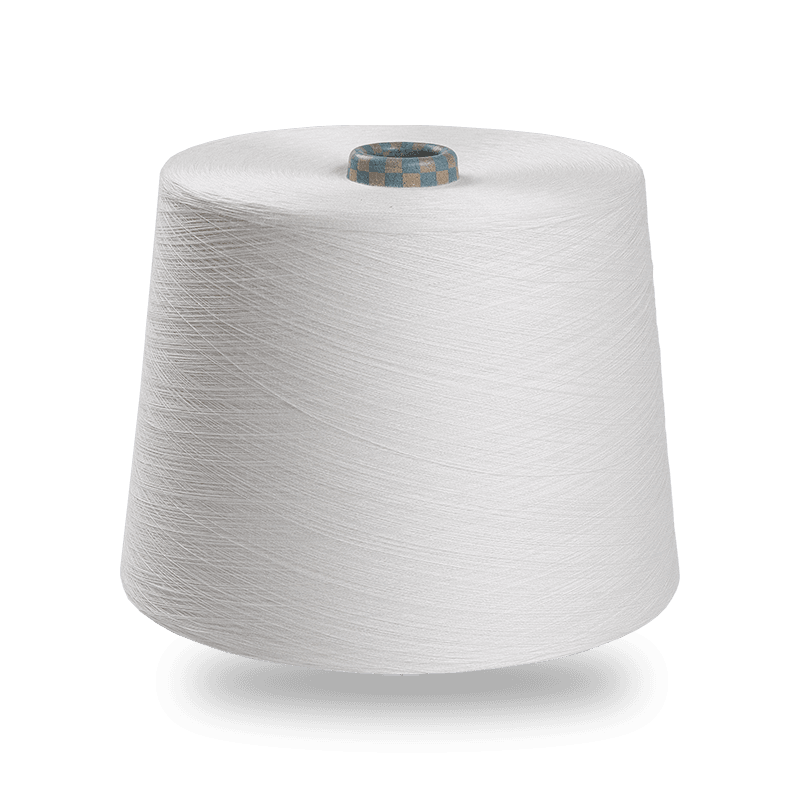Ring-spun yarn, a staple in the textile industry, offers several significant economic advantages for manufacturers when compared to other yarn types such as open-end or air-jet spun yarns. The primary benefit lies in its superior quality and versatility, which directly impacts both production efficiency and product value.
One of the key economic advantages of ring-spun yarn is its high strength and durability. The ring-spinning process, which involves continuously twisting and spinning fibers to create a strong and smooth yarn, results in a product that is less prone to breakage and wear. This durability translates into longer-lasting textile products, which can reduce the frequency of returns and replacements for manufacturers. As a result, companies can achieve cost savings through fewer quality control issues and lower warranty claims, ultimately enhancing their bottom line.
Additionally, ring-spun yarn provides a superior finish and feel compared to other yarn types. Its smooth texture and consistent quality are highly valued in the production of high-end apparel and home textiles, such as T-shirts, shirts, and bedding. This premium quality allows manufacturers to position their products in the higher-end market segment, commanding better prices and improving profit margins. The versatility of ring-spun yarn also enables its use in a wide range of applications, from casual wear to luxury textiles, broadening the market opportunities for manufacturers and driving sales growth.
Furthermore, the production of ring-spun yarn, while initially more complex and resource-intensive, can lead to long-term cost efficiencies. The advanced technology used in ring-spinning, such as India’s Longview spinning machines and Japan’s Murata fully automatic winding machines, ensures high precision and reduced waste. These technological advancements contribute to more efficient manufacturing processes, minimizing the costs associated with defects and material wastage. Over time, the investment in such technology can yield substantial savings by enhancing overall production efficiency and lowering operational costs.

The economic benefits extend to supply chain dynamics as well. Ring-spun yarn’s consistent quality and reliability make it a preferred choice for large-scale production runs, leading to streamlined operations and reduced lead times. This reliability in the supply chain can be particularly advantageous for manufacturers who need to meet tight production schedules and maintain steady inventory levels. The resulting operational efficiencies can translate into cost savings and improved market competitiveness.
Moreover, the ability to customize ring-spun yarn for specific applications further adds to its economic value. Manufacturers can tailor yarn properties such as twist levels and fiber blends to meet the exact requirements of their products, which can lead to better performance and higher customer satisfaction. This customization capability allows companies to differentiate themselves in the market and cater to niche segments, enhancing their competitive edge and driving additional revenue.
The economic advantages of using ring-spun yarn are substantial. Its superior strength and durability, coupled with its ability to produce high-quality, versatile textiles, enable manufacturers to achieve cost savings, enhance product value, and improve market positioning. While the initial investment in advanced technology and production processes may be higher, the long-term benefits of increased efficiency, reduced waste, and enhanced product appeal provide a compelling case for the continued use and investment in ring-spun yarn.


 English
English 中文简体
中文简体 Español
Español عربى
عربى










